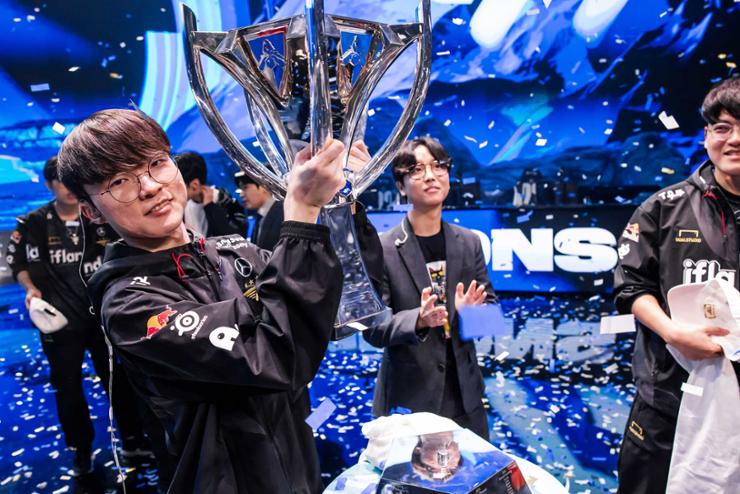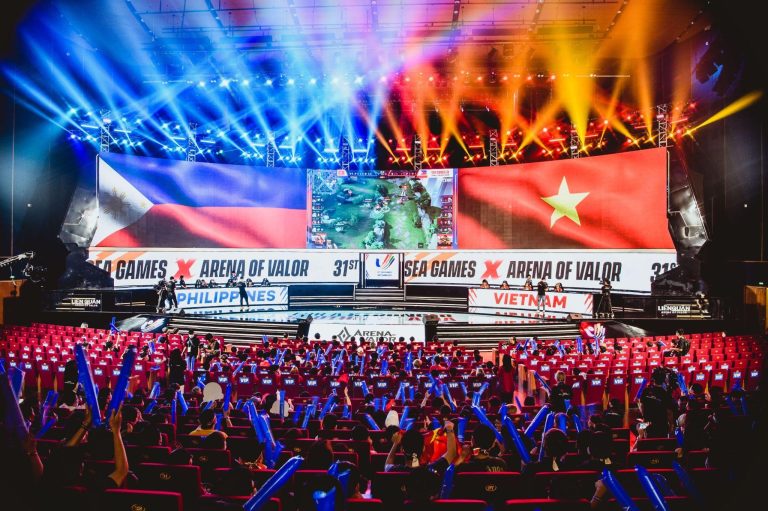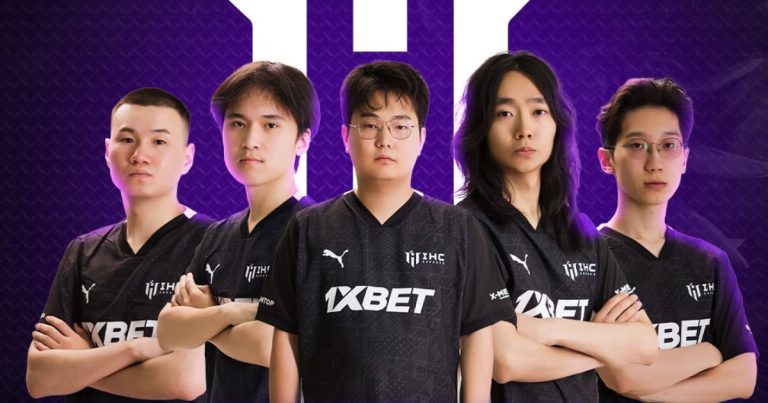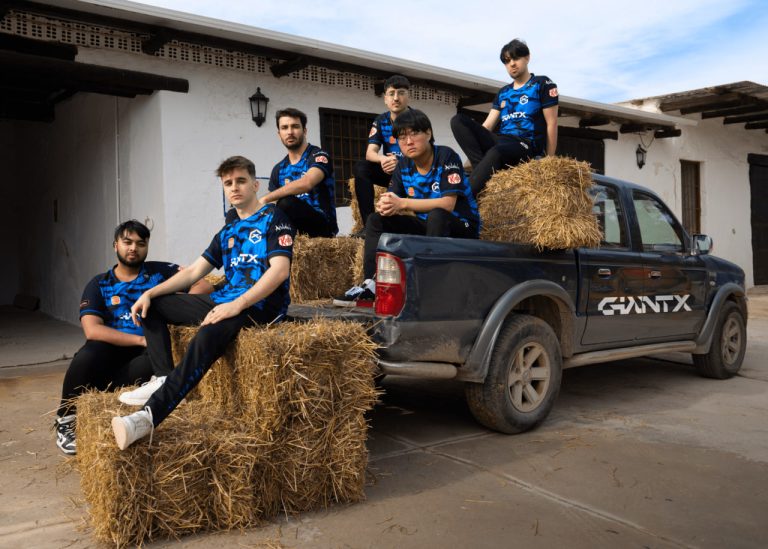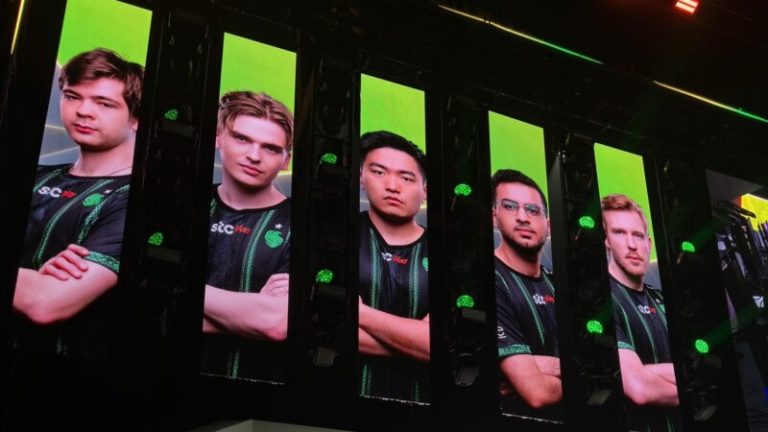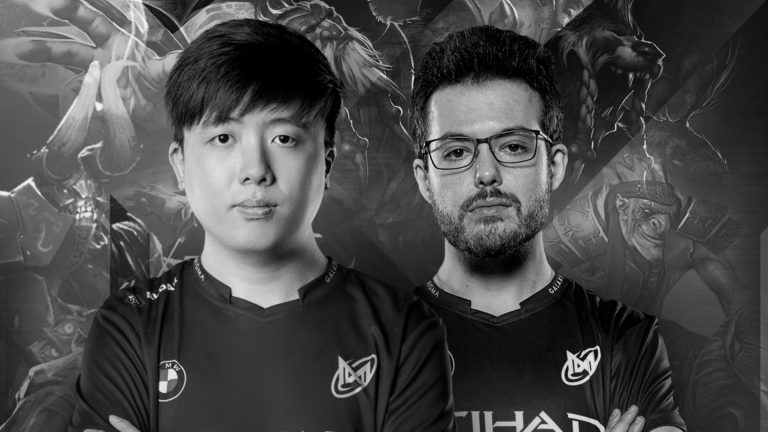The leading esports league in Korea is encountering increasingly difficult circumstances in China
Despite its success in the Asian Games and World Championship last year, League of Legends Champions Korea (LCK), South Korea’s premier esports league, is anticipated to face challenges in terms of publicity and finances, as indicated by industry officials on Thursday.
In 2023, South Korea celebrated a significant victory for its esports industry, particularly with Riot Games’ League of Legends (LoL), a globally renowned esports title. At the Asian Games in Hangzhou, China, Korea secured two out of seven gold medals for esports, including one for LoL. In November, T1, the LCK team supported by SK Telecom, clinched the annual championship at the LoL world tournament by defeating China’s Weibo Gaming.
Despite this triumph, the LCK league is encountering difficulties in 2024. During the commencement of its spring season last week, Huya, a Chinese video game streaming platform backed by Tencent Holdings (which also owns Riot Games), ceased official Chinese-language broadcasts of the new season. This marks the first instance of LCK broadcasts being halted in mainland China since 2018 when Huya became the exclusive streaming partner for Riot Games’ regional tournament.
Esports live scores, match schedule, and results.

Riot Games Korea explained to local media that the suspension resulted from the absence of a broadcast rights holder in the country. Although the company did not provide further details, some insiders suggest the issue may be linked to the recent controversy involving Generation Gaming (Gen.G), a prominent esports club in Korea.
In December, Gen.G sparked online backlash in China by referring to Taiwan as a country in a Facebook post. The situation escalated when Gen.G issued an apology reaffirming its commitment to respecting China’s sovereignty, only to retract it later and claim neutrality on political views. This led to widespread criticism from both Chinese and Korean fans.
Professional gamer-turned-commentator Ke “957” Changyu from the LoL pro league in China stated earlier this month that the broadcasting suspension was connected to the recent issues with Gen.G. An anonymous source in China’s esports industry also confirmed to The Korea Times that Gen.G was a major factor in the broadcast suspension.
Requests for comment on the broadcasting issue from both Riot Games and Huya went unanswered.
South Korea, with robust government backing for esports-related policies and infrastructure, finds itself at a crucial juncture in the global esports industry. The nation has cultivated a substantial talent pool in major esports titles worldwide, boasting legendary players like Lee “Faker” Sang-hyeok in League of Legends. Major Korean business conglomerates such as SK Telecom, KT, and Samsung provide support to professional esports teams.
The decision to halt broadcasts caught many Chinese esports fans off guard, leading to expressions of disappointment on social media platforms. Wang Ruiwen, a 22-year-old LCK fan in Shanghai, expressed feeling “super sad” upon discovering that the Huya channel was replaying previous matches from the previous year instead of streaming the new season. She now resorts to the English-language streaming channel for LCK on YouTube, which, due to China’s Great Firewall, requires a VPN service for access.
Wang remarked that it’s regrettable that the actions of a single team have affected the entire Chinese fan base’s access to the tournament.
The suspension is expected to significantly impact LCK’s financial performance by causing a loss of revenue from licensing fees. The regional league is already facing challenges in achieving revenue growth. On the opening day of the LCK Spring season, affiliated teams collectively expressed concerns about the financial sustainability under Riot Games Korea in a joint statement.
Despite the league’s growth in viewership, performance, and fandom, the LCK League Corporation has struggled to enhance the league’s business value over the past three years, as stated in the originally Korean-written statement.
This financial predicament extends beyond LCK, posing challenges for the entire global esports industry. According to Zhang Shule, an analyst with CBJ Think Tank, the profitability of esports events is often constrained to sponsorships from game studios and hardware makers, with limited connections to companies in other product categories. Opportunities outside of competitions have been minimally explored.
In response to the difficulties, Riot Games CEO Dylan Jadeja announced a workforce reduction of 11 percent, equivalent to approximately 530 jobs, with a focus on eliminating less-profitable businesses and concentrating on core titles. Jadeja emphasized a shift in company strategy to create focus and move towards a more sustainable future. The specific impact on the Korean unit remains unclear, but it is evident that a new challenge is emerging.

